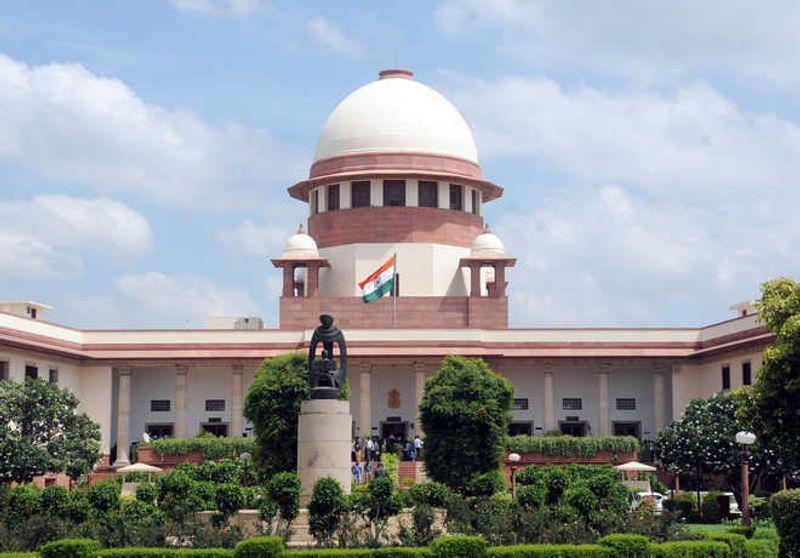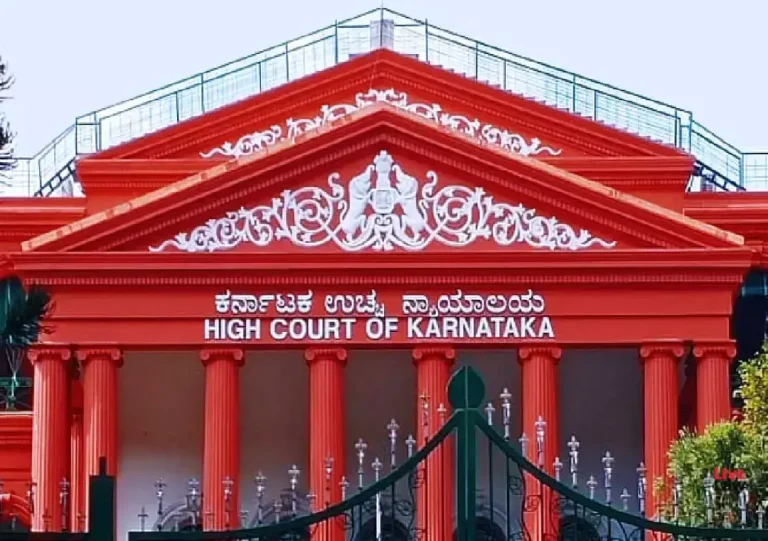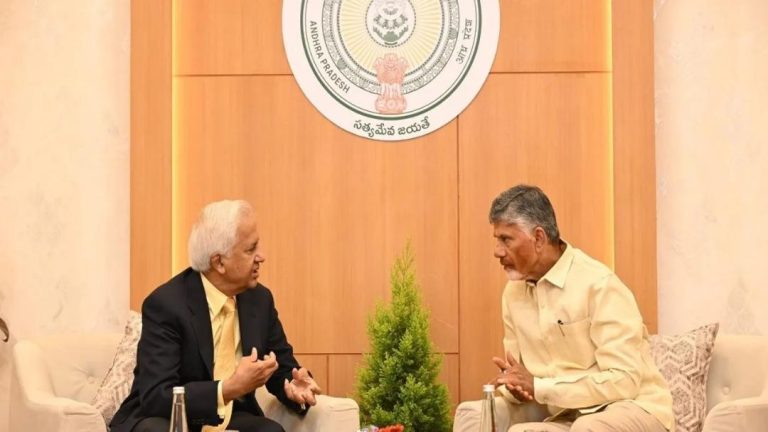
SC orders ₹5 lakh in damages, probe for UP man jailed despite bail
On a recent occasion, the Supreme Court of India delivered a significant verdict in favor of a Uttar Pradesh resident who was wrongly incarcerated for nearly two months despite being granted bail in an anti-conversion case. The court ordered a judicial probe into the matter and interim compensation of ₹5 lakh to Aftab, the victim, in a stern reminder of the importance of upholding the fundamental right to liberty.
Aftab, a resident of Meerut, was arrested on April 2 in a case filed under the Uttar Pradesh Freedom of Religion Act, 2019. He was accused of converting a woman to Islam and marrying her, which was deemed to be a violation of the law. After spending nearly two months in jail, Aftab was finally granted bail by the Allahabad High Court on April 29. However, despite being released on bail, he was not released from the jail premises and was instead kept in the jail hospital for another 15 days.
The Supreme Court’s intervention came after Aftab’s wife, Safoora, approached the apex court, seeking justice for her husband’s ordeal. The court, comprising Justices D.Y. Chandrachud and M.R. Shah, took a dim view of Aftab’s prolonged incarceration despite being granted bail and observed that liberty is a fundamental right that can’t be taken away.
The Bench noted, “Liberty is a very valuable and precious right…It can’t be bartered away. The moment bail is granted, the accused is entitled to be released on bail. There is no room for interpretation.” The court’s observation was a strong indictment of the Uttar Pradesh administration’s failure to respect the rule of law and the rights of its citizens.
The Supreme Court’s order not only serves as a relief to Aftab and his family but also sends a strong message to the authorities responsible for his wrongful incarceration. The court’s observation that “no other convict should be languishing in jail” is a stark reminder of the need for accountability and transparency in the administration of justice.
The Uttar Pradesh government’s response to the court’s order has been inadequate, with officials claiming that the matter was a “miscommunication” and that Aftab was not released due to “technical issues”. The government’s attempts to downplay the issue and shift the blame are unacceptable and only serve to undermine the trust of the people in the administration.
In conclusion, the Supreme Court’s order in Aftab’s case is a significant step towards upholding the fundamental right to liberty and ensuring that the administration of justice is fair and transparent. The court’s observation that liberty is a precious right that can’t be taken away serves as a reminder to the authorities of their responsibilities and the need to respect the rights of citizens.






